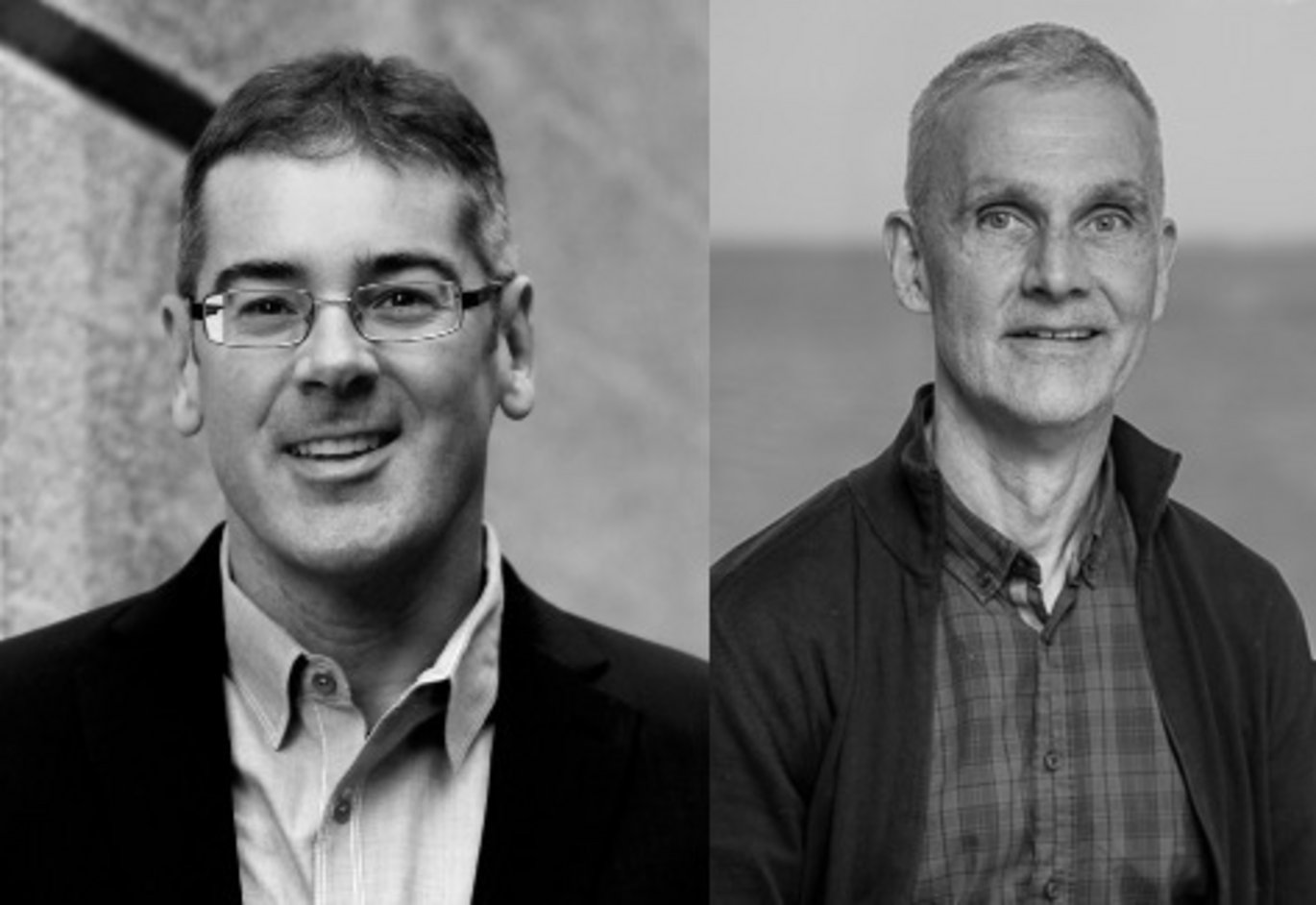CORC CO₂ Research Talks with Jeffrey Long and Peter Westh
CORC invites researchers, policymakers, industry partners, entrepreneurs and stakeholders to participate in our monthly online CO₂ Research Talks. The March talk will be with Dr. Jeffrey Long from UC Berkeley and Dr. Peter Westh from Technical University of Denmark.

Info about event
Time
Location
Online
Organizer
We're excited to present Dr. Jeffrey Long, professor of Chemical & Biomolecular Engineering at Berkeley College of Chemistry to present alongside Dr. Peter Westh, professor of enzymology at Technical University of Denmark.
Cooperative Carbon Dioxide Capture in Metal–Organic Frameworks
In his talk Jeffrey Long will elaborate on the tunability of metal–organic frameworks which offers the possibility of designing powerful new materials that selectively adsorb and release gas molecules in a cooperative, switch-like manner. An initial example of such an adsorbent was realized in mmen-Mg2(dobpdc), which exhibits step-shaped CO2 adsorption isotherms arising from a cooperative insertion mechanism that leads to ammonium carbamate chains running along the pore surface. This mechanism has now been widely elaborated, leading to diamine-appended adsorbents that cycle at high capacity in the presence of water, and are capable of efficiently separating CO2 from flue gas emissions, air, natural gas, and biogas. Stabilization of the materials through functionalization with appropriately structured tetraamines further enables cooperative CO2 capture at high temperatures, as well as regeneration via steam stripping.
Professor Long’s research program focuses on the design and controlled synthesis of novel inorganic materials and molecules toward the fundamental understanding of new physical phenomena, with applications in gas storage, molecular separations, conductivity, catalysis, and magnetism. He has published more than 375 papers with over 85,000 citations as well as 21 patents. His contributions to inorganic and materials chemistry have been recognized with numerous awards and honors, including the Royal Society of Chemistry Ludwig Mond Award and the American Chemical Society F. Albert Cotton Award in Synthetic Inorganic Chemistry, and he is an elected member of the American Academy of Arts and Sciences. His group is focused on controlling chemical structure and function through molecular design. Within this paradigm, the group employs the principles of coordination chemistry in the tailored synthesis of atomically precise molecules and materials with programmed properties, with the goal of achieving fundamental advances relevant to our technological, environmental, and energy future.
Read more about the Long Group.
Enzyme assisted capture of carbon dioxide
Carbon capture involves the separation of CO2 from either industrial flue gasses or atmospheric air. In practice, this is often done by absorbing CO2 in an aqueous solvent in one column and releasing pure CO2 in a separate column. However, the exchange between the gaseous and liquid phases is slow in both steps, and this challenges the efficacy of the capture process. Some recent work has shown that this may be alleviated by enzymes, and this has generated a strong interest in enzyme assisted carbon capture. This talk discusses views on the mechanism, performance, and prospects for the use of enzymes and peptides in carbon capture.
Professor Westh and his group engineer enzymes to better cope with industrial conditions and hence make them more valuable as biological alternative to conventional catalysts. Their starting point is naturally occurring enzymes that are identified either through different screening approaches or bioinformatic searches in databases of known enzymes. They then re-engineer the natural enzymes through mutagenesis and select new molecules with desired properties. Currently, their work includes enzymes that degrade different types of plastic and hence allows waste recycling. In CORC they will re-design enzymes for carbon capture. This includes engineering enzymes that promote the conversion of gaseous CO2 into soluble carbonate, and its integration with other technologies that activates and utilizes the captured carbon.
Read more about the CORC CO2 Research talks series and see more upcoming talks here.
